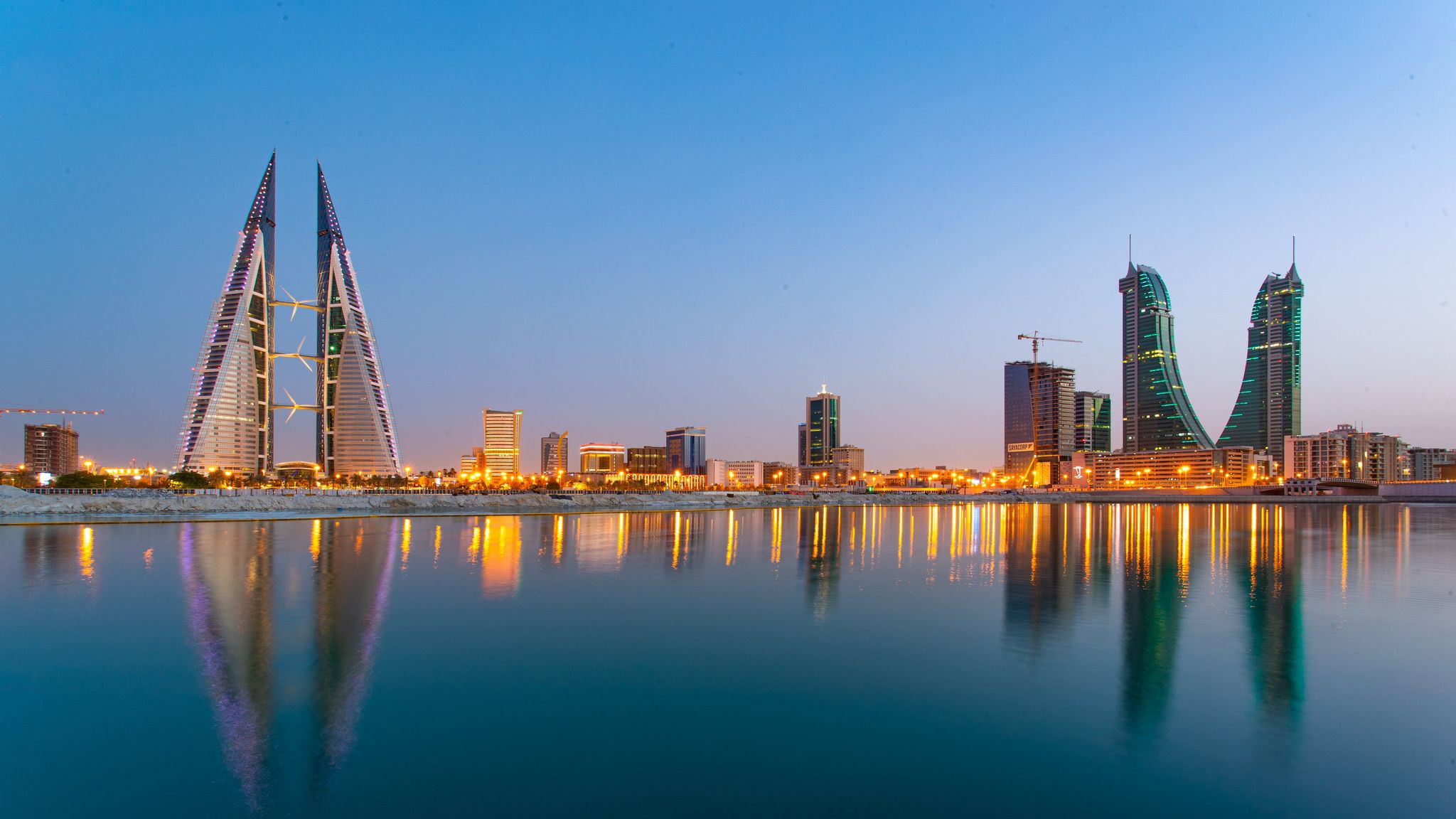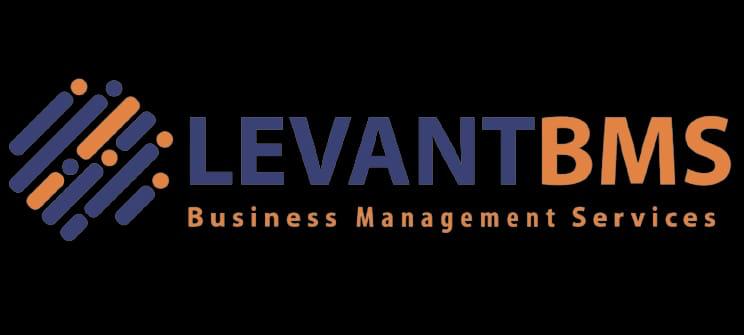
A brief summary of Bahrain Economy
09.Oct.2024Introduction
Bahrain, a small island nation in the Arabian Gulf, has been a notable player in the Middle Eastern economy since the discovery of oil in the 1930s. While oil revenues initially formed the bedrock of its economy, Bahrain has diversified its economic activities over the years. This article provides a comprehensive analysis of Bahrain's economy, examining its historical development, current status, key sectors, challenges, and future prospects.
Historical Background
Pre-Oil Economy
Before the discovery of oil, Bahrain's economy was largely centered around fishing, pearling, and trade. The strategic location of the archipelago facilitated trade with neighboring countries and enabled a vibrant maritime economy. The pearling industry, in particular, was a significant source of income, with Bahrain being one of the leading pearling areas in the Gulf region.
Discovery of Oil
The discovery of oil in Bahrain in 1932 marked a turning point in its economic landscape. Bahrain was the first Gulf state to discover oil, which led to rapid economic development. By the 1940s, oil production had become the backbone of the economy, attracting foreign investment and leading to increased infrastructure development.
Post-Independence Era
Bahrain gained independence from British rule in 1971, and since then, it has focused on diversifying its economy. The government recognized the need to move away from a dependency on oil revenues, prompting initiatives to develop other sectors such as finance, tourism, and manufacturing.
Current Economic Landscape
As of 2024, Bahrain's economy is characterized by a mix of traditional oil-based revenue and a growing array of diversified sectors. The following sections will explore the key components of the economy.
Oil and Gas Sector
Despite efforts to diversify, the oil sector remains a crucial part of Bahrain's economy. The country has proven oil reserves estimated at around 124 million barrels and significant natural gas reserves. The oil and gas sector accounts for approximately 70% of government revenues and a significant portion of GDP. Key players in the industry include the Bahrain Petroleum Company (BAPCO) and the National Oil and Gas Authority (NOGA).
Financial Services
Bahrain has established itself as a financial hub in the region, attracting banks, insurance companies, and investment firms. The Bahrain Financial Harbour and the Bahrain Bourse are pivotal institutions that facilitate banking and financial activities. The government has implemented regulations that promote transparency and strengthen the financial framework, making it an attractive destination for foreign investment.
Manufacturing Sector
Over the years, Bahrain has invested in its manufacturing capabilities, focusing on sectors such as aluminum production, textiles, and food processing. The Bahrain Aluminum Company (ALBA) is a significant player in the aluminum sector, producing one of the world's purest aluminum products. The manufacturing sector contributes to employment and increases export capabilities.
Tourism and Hospitality
Bahrain's tourism sector has seen steady growth, bolstered by its rich culture and history, modern entertainment options, and world-class infrastructure. Attractions like the Bahrain Fort, the Tree of Life, and the Formula 1 Bahrain Grand Prix draw visitors from around the world. The government has invested in the hospitality sector, enhancing hotels, entertainment venues, and cultural sites to boost tourism revenue.
Real Estate and Construction
The real estate and construction sector in Bahrain has been growing steadily, driven by a combination of population growth, foreign investments, and urban development projects. Major developments such as the Bahrain Bay and Diyar Al Muharraq symbolize the country's ambition to create modern residential, commercial, and recreational spaces. This sector not only supports employment but also contributes to economic diversification.
Challenges Facing the Bahraini Economy
Despite its efforts and achievements, Bahrain's economy faces several challenges.
Oil Price Volatility
Bahrain’s economy is vulnerable to fluctuations in global oil prices. As oil revenues constitute a large portion of government income, any decline in oil prices can have significant repercussions on public spending and economic growth.
Economic Diversification
While Bahrain has made strides in diversifying its economy, reliance on the oil and gas sector remains a concern. The government continues to work on initiatives to enhance non-oil sectors, but the pace of diversification needs to accelerate to ensure sustainable economic growth.
Regional Geopolitical Tensions
Bahrain’s geographic location makes it susceptible to regional geopolitical issues. Political instability in the Gulf region can deter foreign investment and negatively impact trade relations. The nation has faced internal protests and political unrest in the past, which has further complicated its economic landscape.
Skill Gap and Employment
There is a growing need for a skilled workforce in Bahrain, particularly in emerging sectors such as technology and finance. The education system and vocational training programs need to adapt to the demands of the job market to bridge the skill gap and reduce unemployment rates.
Future Prospects
Economic Vision 2030
Bahrain’s government has established "Economic Vision 2030," a long-term strategy aimed at ensuring sustainable economic development. The plan emphasizes diversification, investment in human
by Ruthel Villanueva











